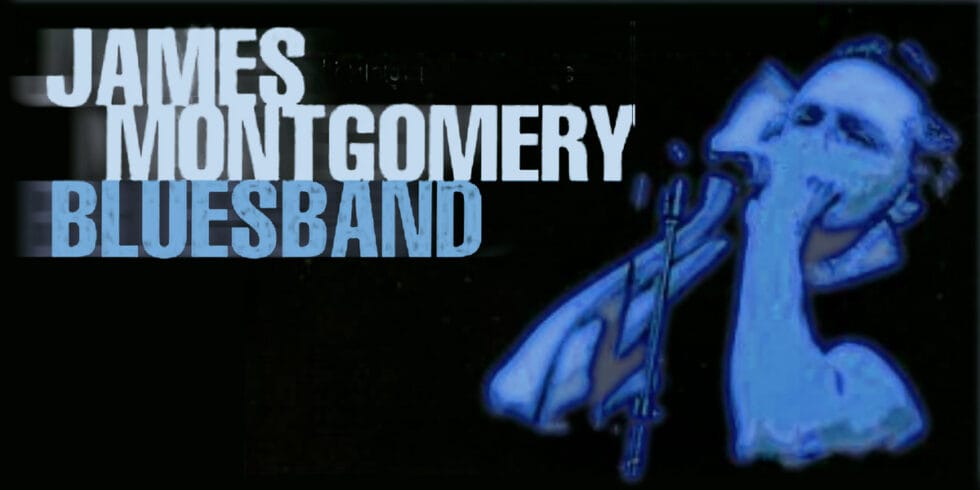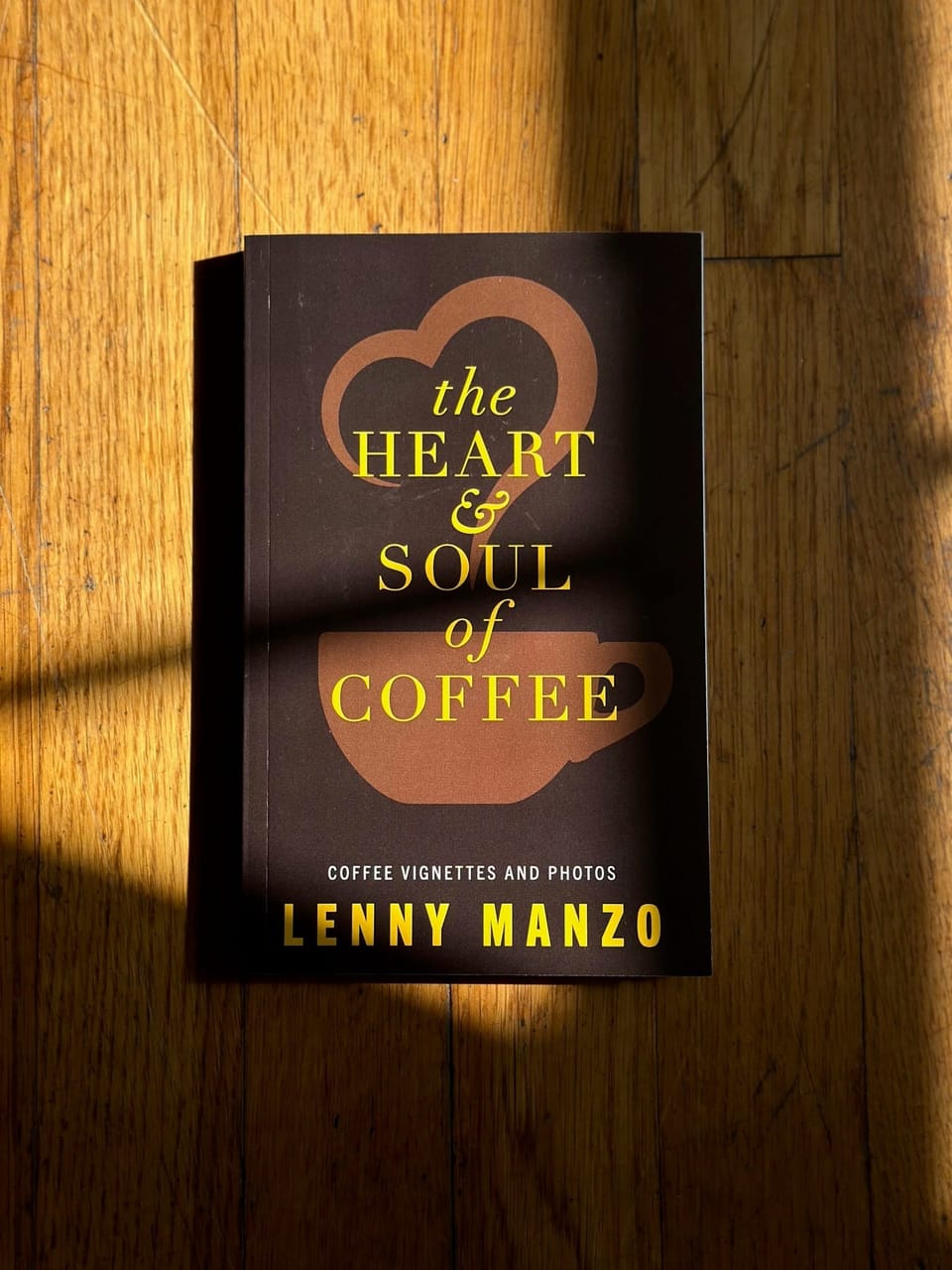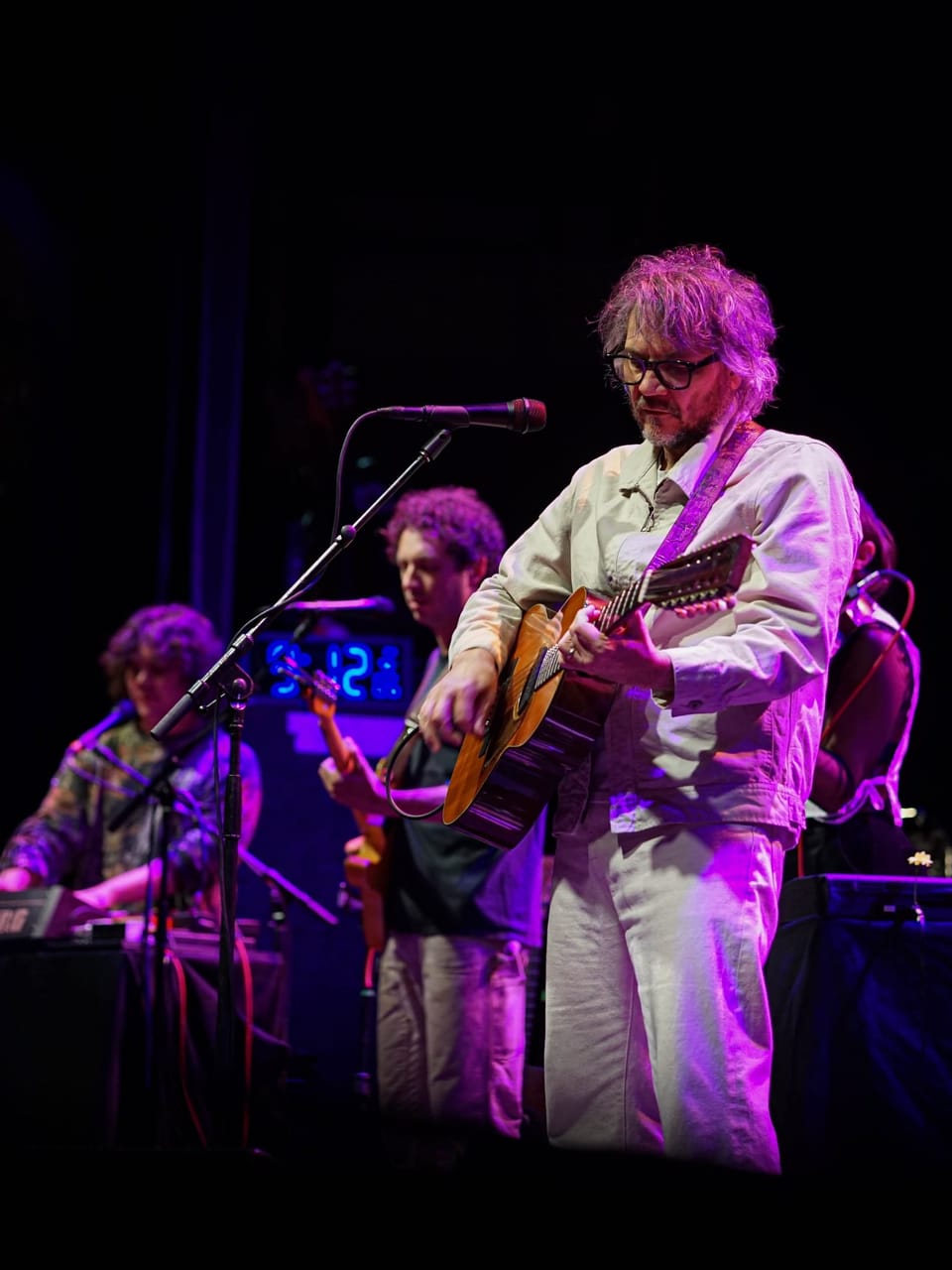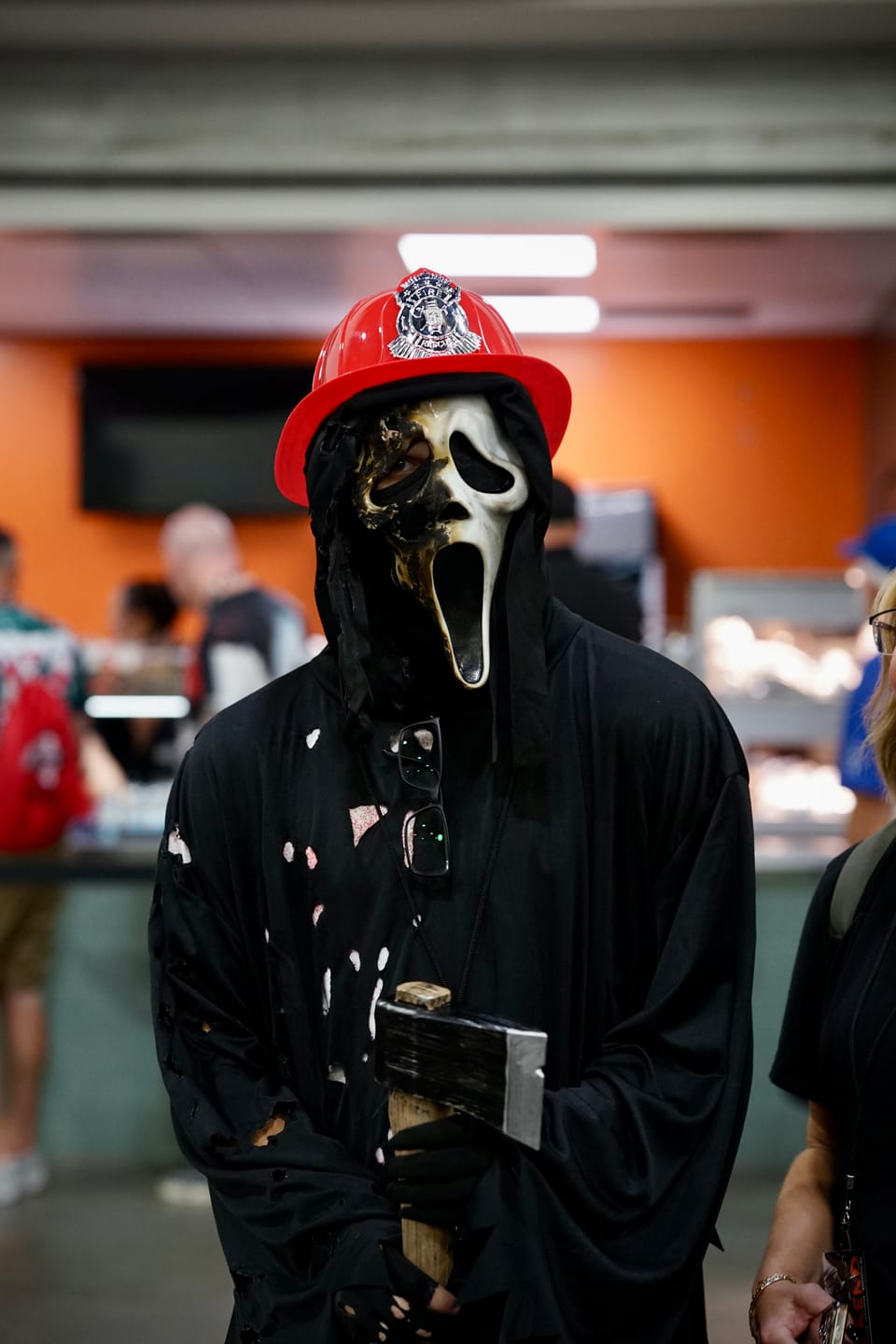MK - Your music has been influenced by many blues legends. Can you share a specific moment or encounter with a blues icon that had a profound impact on your career?
JM - Arguably my biggest influences on the road to becoming a blues musician were James Cotton, Paul Butterfield, and Jr. Wells. I met them all as a teenager but only "just met" them. With James Cotton it was at the Chess Mate coffee house in Detroit on a night when he actually treated me like a young musician who was really dedicated to learning the harmonica. He finally took me aside and showed me some stuff and told me how I could earn a "gold tooth". With Paul and Jr. I opened a show for them in Rochester with my first college band and they put me up in a Victorian with Paul Butterfield, Jr. Wells and Buddy Guy. They had a case of Michelob for me and Paul, a bottle of Courvoisier for Buddy and a fifth of Johny Walker Black for Jr. Wells. At one point Paul says, "let's play" and he goes to the piano, Buddy pulls out his guitar and Jr. and I played our harmonicas. Fantastic jam!
MK - The blues genre has evolved significantly over the decades. How do you see the role of blues music in today's music landscape, and what do you think the future holds for the genre?
JM - Blues is unquestionably the root of all popular American music including Rock and Roll, Jazz, Pop, Soul, Funk, and Hip Hop or Rap. All these musical forms evolved over the years as Blues was handed down and permutated depending on geographic areas and specific artists who interpreted Blues in their own way. Classic example is Lowell Fulsom who invented Funk by taking the Blues form and accenting the one chord. Tom Dowd the legendary producer who produced my second record predicted that Blues would be cyclical and emerge from time to time and be accepted by a new audience and therefore always be around if even for a niche market. Examples of this are The Thrill is Gone (B.B. King), Pride and Joy (Stevie Ray) Smoking Gun (Robert Cray) Susan Tedeschi, Kenny Wayne Shepard, Joe Bonamassa and others. The future is endless as new generations of musicians who discover the intense depth of the form add their own spin according to their understanding and the different times they live in.
MK - You've collaborated with a variety of artists across different genres. What have been some of your most memorable collaborations, and how have these experiences shaped your approach to making music?
JM - Collaborating with other musicians is as natural as breathing to those of us involved in creating and playing music. Memorable collaborations have included recording with Bonnie Raitt and Dr. John with Catfish Hodge, fronting Commander Cody and the Lost Planet Airmen, touring as a Blues Brother, being in The Johnny Winter Band for 6 years and making a record with him, forming a band with Aerosmith's Joey Kramer and recording with him and Brad Whitford, rapping a Hip Hop version of a Bo Diddley song with DMC from Run-DMC, recording with my mentor James Cotton among many others including playing with Honey Boy Edwards who was a running buddy of Robert Johnson. Peter Wolf told me the night I met him "The amateur copies, the professional steals" So with every collaboration you end up "stealing" a little something and making it your own. After all, if I steal your TV and turn it on in my living room - that's my TV now!!



